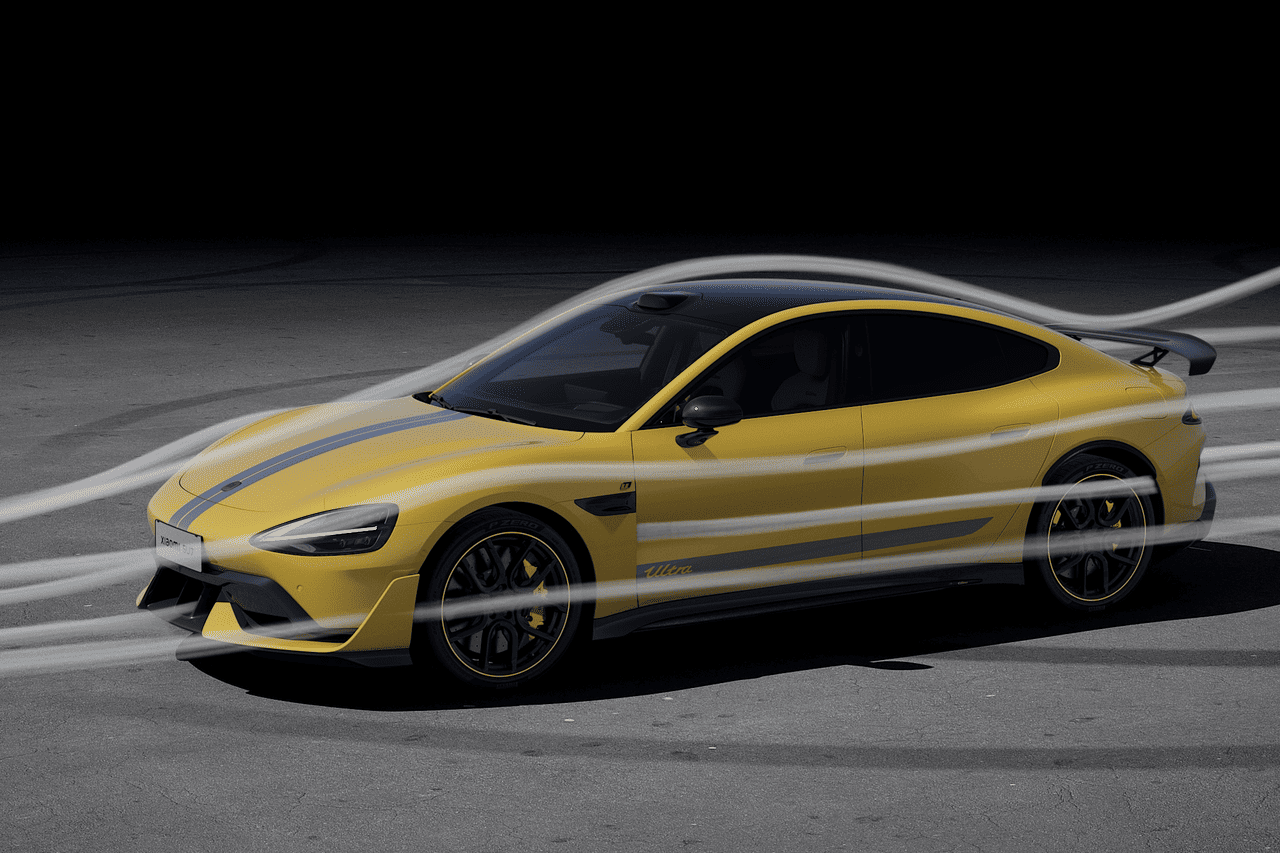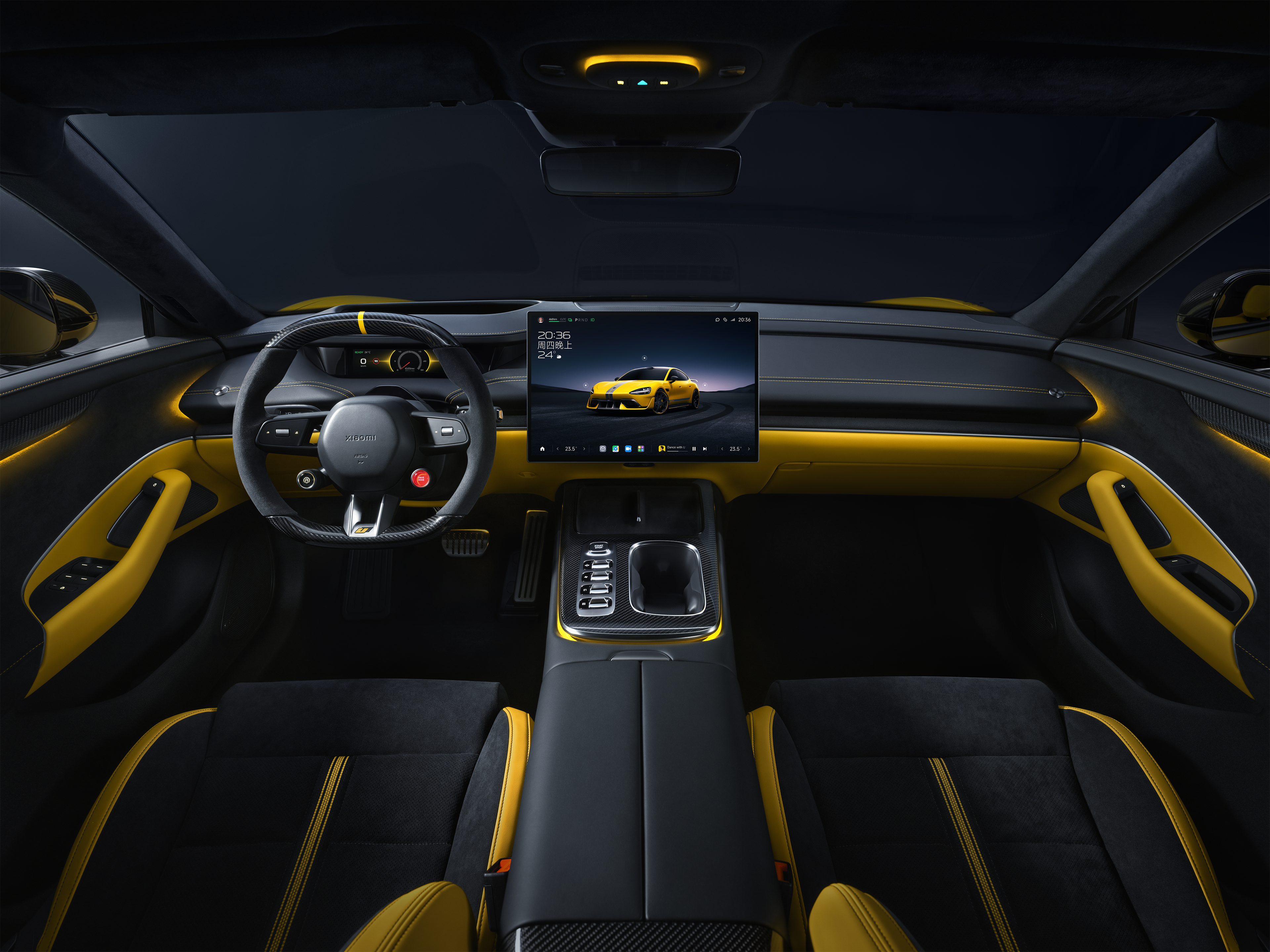

In a major milestone for its electric vehicle (EV) division, Xiaomi Group announced that its electric vehicle segment has cumulatively delivered 160,000 vehicles so far. The news was declared by Xiaomi Founder and Chairman Lei Jun during a live-streaming event for the Chinese Lantern Festival on February 13, 2025.

Image Source: https://www.mi.com/
Lei further shared that Xiaomi EV's top three delivery markets are Shanghai, Hangzhou, and Suzhou, with the automaker achieving monthly deliveries exceeding 20,000 units for four consecutive months.
Looking ahead, Xiaomi EV provided updates on its upcoming models. The YU7, set to launch in mid-2025, demonstrated impressive range during testing, requiring only two charging stops over a 1,000 km distance. Meanwhile, the high-performance SU7 Ultra is slated to hit the market in March, following the opening of static showcases on February 5.
The SU7 Ultra boasts a bold, aerodynamic design featuring an integrated front spoiler, diamond mesh air intakes, and a carbon fibre roof. Other curated details include blacked-out emblems and headlights, as well as silver accents and a unique 'U' insignia on the side cameras. Xiaomi unveiled the SU7 Ultra's mass-produced version in October 2024, with a pre-sale price of RMB 814,900 (approx. USD 114,000).
Recently, Xiaomi's suppliers revealed that the company's new SU7 model uses aluminium wires instead of traditional copper wires. This sparked widespread discussion.

Image Source: https://www.mi.com/
In response, Xiaomi quickly stressed that the use of aluminium wires is an industry trend aimed at providing users with a better experience. Traditionally, copper wires have been widely used in electronic devices due to their good conductivity and stability. However, as technology has advanced, aluminium wires are now showing unique advantages.
As per the brand, aluminium wire is 30 per cent lighter than copper wire of the same volume, offering greater flexibility in internal layout and design. The reduced weight also means lower energy consumption. Additionally, aluminium is a more affordable material, helping to lower the overall product cost for consumers - in line with Xiaomi's focus on value.
Xiaomi has rigorously emphasised that the use of aluminium wires does not compromise performance or stability. In fact, the lighter, more affordable material can enhance the user experience. Aluminium is also more environmentally-friendly, being a recyclable metal with a smaller mining and processing footprint.
Xiaomi's EV push is shaping up to be a formidable challenge to established players like Tesla and Porsche as the company leverages its technology expertise and brand recognition to carve out a strong position in the rapidly evolving electric mobility landscape.



Responses






